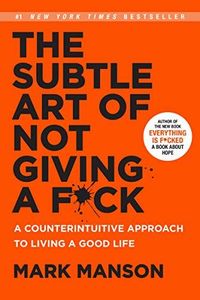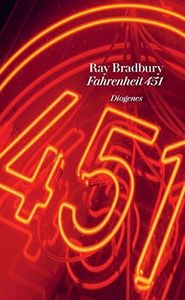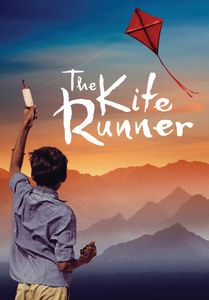
Red Mars
Reviews
I've only read Aurora by KSR before, which I liked a lot, but I've also read stuff by Neal Stephenson (like Seveneves) that I feel scratch the same itches as this does. I felt like all the First Hundred became my friends. I can't imagine how differently I would have felt about the Boone chapters if the book hadn't opened with the in media res flash-forward chapter. I don't know if The Expanse was inspired by this book, but I noticed one potential parallel: Nemesis (an asteroid mentioned as a throwaway) and events that unfolded in Nemesis Games.
Red Mars started out like a beautiful dream. The space travel, team dynamics, the wonders of Mars were very realistic to point where it felt like I was reading a nonfiction sent to me from the future. I loved the long passages describing the geology, the surveys, and building of the base. The novel also raised some interesting questions like the conflict between the Reds - people who wanted to preserve Mars in its current form and study it, - and Greens - supporters of terraforming. On top of that the author got to play with establishing a new civilization unmarked by the establishment. But halfway through it really failed to rev the engines, so to speak. It felt like the plot never took off, but plateaued at the intro's level. While I think the political intrigue had potential, it was not handled well. I've definitely read better in the subject. Slow. Slow. Slow. The characters were kind of meh too, especially Maya. She was great in the early chapters that were told from her perspective, but turned into a hysterical, ditzy teen the moment we got out of her head. It was hard to stomach the love triangle. I think Kim Stanley Robinson does great science, but needs to work on the fiction portion.
This is a book that’s been on my “to read” list since the late nineties, and I am very glad I finally got around to reading/listening to it. Richard Ferrone gives a solid performance, injecting energy into the drier passages without allowing his interpretation to get in the way of the text itself. Though some aspects are slightly dated, and there is an mildly unpleasant undercurrent of orientalism at certain points, Robinson admirably attempts to shine a sympathetic light upon the actions and motivations of every person and every nation. Many of his themes still resonate strongly, his characters are dynamic and believable, the science feels plausible to a layperson. I especially liked the way that shifting POV characters allowed the reader a glimpse into the complex motivations of people that seemed unlikeable or selfish from another character’s point of view.
Enjoyed the exploration of what settling on Mars would be like for the first inhabitants. Very interesting and entertaining read.





